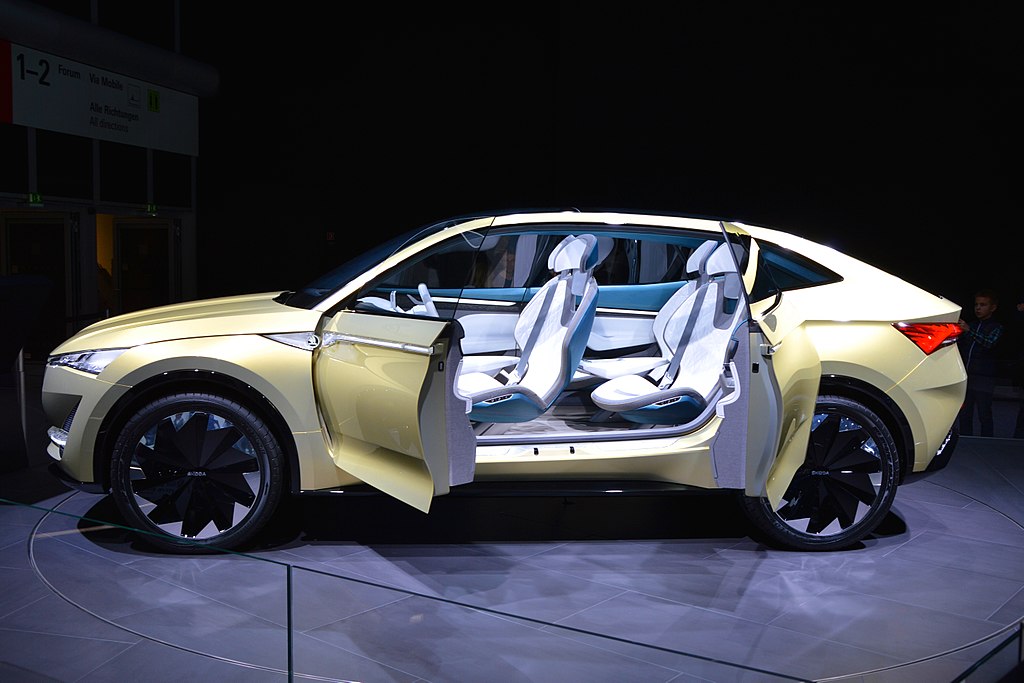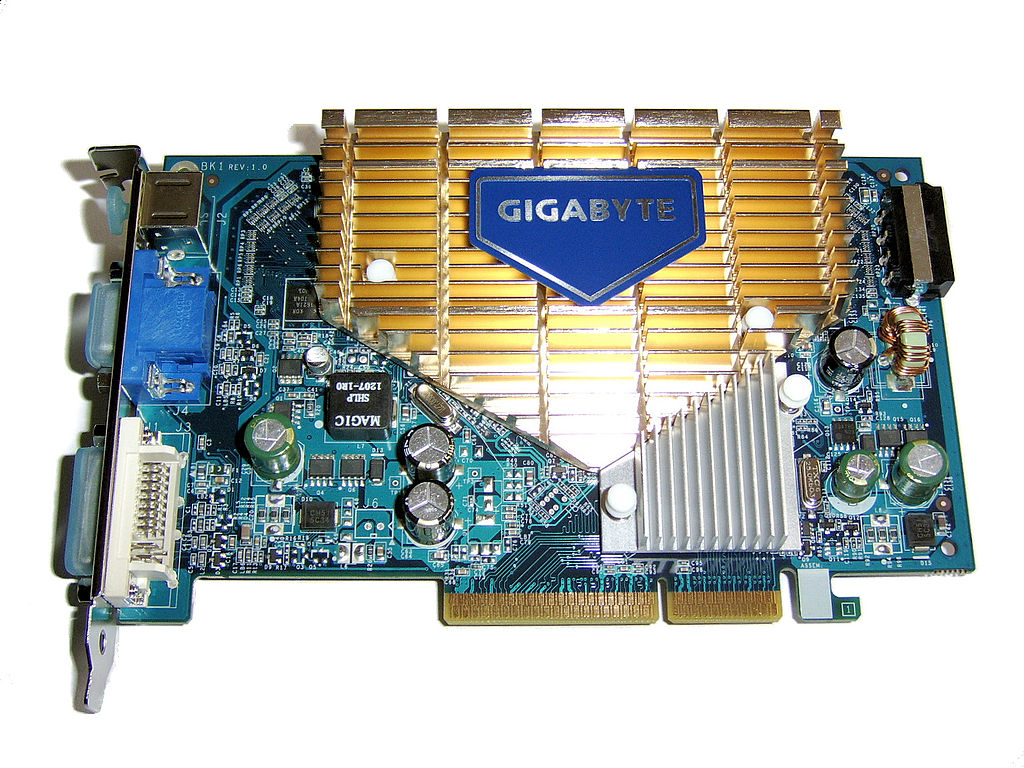Batteries are an essential part of life as electronics can be found everywhere these days. From flashlights to smartphones, all kinds of devices utilize battery power, and lithium-ion technology batteries have become some of the most popular options for powering modern electronics. In addition, lithium-ion battery technology has played a large part in the rise in popularity of electric vehicles (EVs). Without lithium-ion batteries, the world likely wouldn’t have access to these exciting innovations in automotive technology.
What Is Lithium-Ion Technology?
Although the basics of using lithium-ion as a fuel source were first designed in the 1980s, the technology didn’t reach commercial production until the early 1990s. Sony was one of the first companies to harness the power of lithium-ion, and the brand has continued to innovate in the consumer electronics space using lithium-ion batteries.
A big reason behind the push to develop this technology was that lithium-ion batteries deliver performance while retaining the ability to be recharged relatively easily. The chemistry behind lithium-ion technology is also efficient; however, the safe handling of lithium-ion batteries is still a significant consideration in the use of these products since some of the chemicals contained within a battery are flammable.
Lithium-Ion Technology And Its Benefits For Electric Vehicles
As lithium-ion technology has gone mainstream, one of its most practical uses has been to provide power for electric vehicles. Other battery types are sometimes used in electric cars, including nickel-metal hydride batteries, lead-acid batteries and ultracapacitors; however, lithium-ion is the technology that has won the day due to its performance and efficiency.
Some benefits of using lithium-ion batteries in electric vehicles include a power-to-weight ratio that produces high efficiency, consistent performance while at high temperatures and a discharge profile that is considered low in the industry. It should be noted, however, that while lithium-ion electric vehicle batteries perform consistently at high temperatures, they can become a fire hazard at very high temperatures.
Performance Loss Over Time Is A Major Downside
One of the most significant disadvantages of lithium-ion batteries, as they relate to electric vehicles, is that these batteries lose performance over time. This means that electric vehicle batteries will need to be replaced eventually, but unlike swapping out a traditional car battery, electric vehicle batteries tend to be large, heavy and expensive.
Unfortunately, many owners of electric vehicles find out the hard way that the cost of replacing a lithium-ion battery is relatively high. In addition, these replacements are generally only covered under warranty services if it can be proven that there was a defect in the manufacturing process.
These types of batteries can also be recycled; however, challenges remain in easily recovering salvageable components. In addition, lithium-ion batteries should not be discarded at local landfills due to the chemical profile found in these batteries. Owners of electric vehicles will need to dispose of lithium-ion batteries at designated electronic waste recycling centers. State and local laws may also apply to the disposal of lithium-ion batteries, so electric vehicle owners should check with authorities in the local area to find out more information regarding safe handling and disposal procedures.
What Lies Ahead For Lithium-Ion Technology In EVs?
Although lithium-ion technology has been a mainstream success in the electric vehicle industry, scientists, engineers and automotive manufacturers are already looking to the future to consider alternatives to lithium-ion batteries. Solid-state batteries are currently one of the top contenders to replace lithium-ion as these batteries don’t rely on liquid chemicals. Instead, solid-state batteries contain solid electrolyte that interacts with electrodes.
These batteries can be recharged, but their capacity is currently limited to seven charges. This is one of the most significant barriers to solid-state battery technology adoption at the moment. Despite this, Toyota holds several patents for solid-state battery technology, signaling that the automaker plans to implement solid-state batteries at some point in the future. Lithium-ion alternatives are already used in devices like pacemakers and RFID tags.


